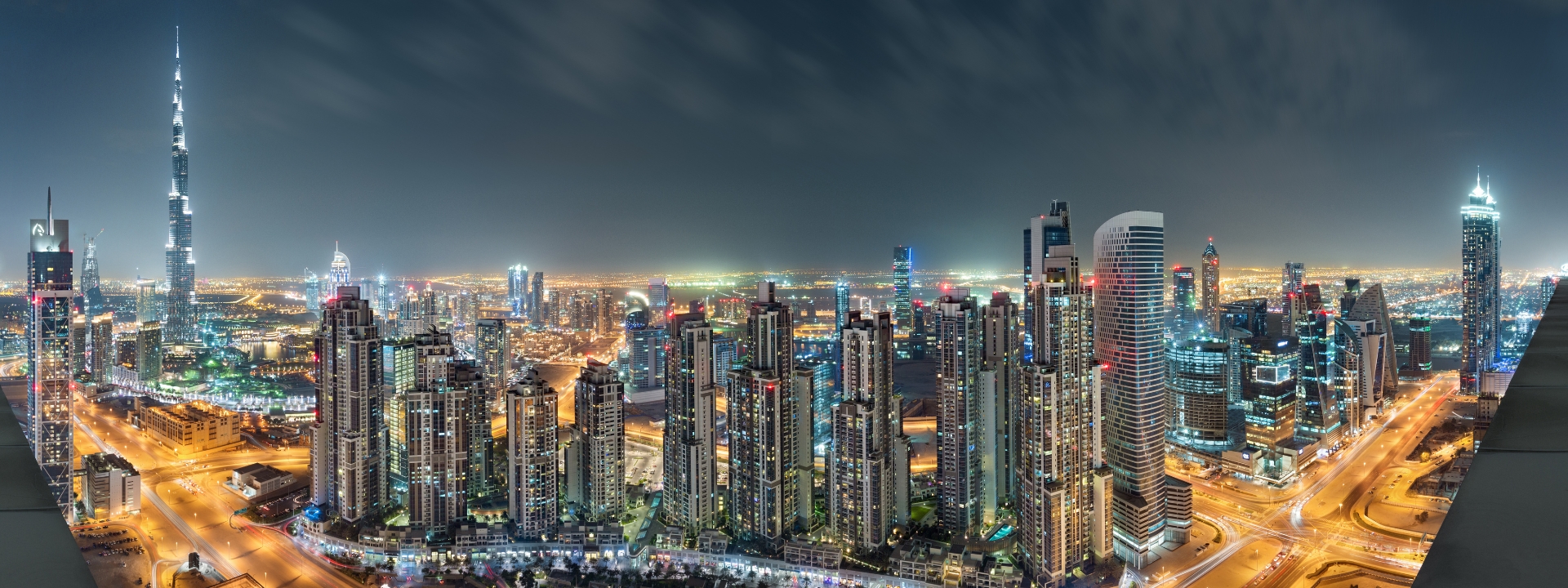Electric Hotels: The Future of Business Travel
The future of sustainable accommodation for business travel
With rising energy prices, hotel owners are seeking ways to reduce electricity costs and boost profitability. Improving energy efficiency not only cuts operational expenses but also enhances equipment performance, guest comfort, and demonstrates a commitment to sustainability.
In a complex energy landscape, creating and implementing an effective plan requires specialised knowledge and tailored solutions. Artificial Intelligence (AI) and Machine Learning (ML) technologies empower hotel managers to optimise energy use based on factors like weather, occupancy, and building thermal dynamics. These smart systems adjust air conditioning settings in real-time, leading to significant energy savings while maintaining optimal comfort and air quality for guests.
Here is a look at some examples of how hotels can implement energy efficiency measures to achieve sustainability and lower costs:
Premier Inn has launched its first hotel in Swindon, UK, powered entirely by renewable energy. The hotel incorporates energy-efficient features, including heat pumps for hot water, low-energy LED lighting, onsite solar panels, and a mechanical ventilation system to maintain optimal temperatures throughout the year.
Whitbread, Premier Inn’s parent company, is committed to using renewable electricity across its UK and German hotels. From 2026 onwards, all new Premier Inn hotels will adopt this all-electric approach, with plans to retrofit existing properties to eliminate gas connections by 2040.

IHG Hotels & Resorts has partnered with Zeal Hotels to create a net zero carbon hotel in southwest England. The 142-room property, slated to open in 2024 near Exeter, has secured planning approval and aims to adhere to the UK Green Building Council’s net zero carbon guidelines.
Situated at Exeter Science Park, the hotel will be built to operate without reliance on the electricity grid. It will incorporate various sustainable features, including low carbon construction techniques and eco-friendly operational practices.

Tŷ Hotel Newport, opening soon as Wales’ largest all-electric hotel, sets a new standard for sustainability. Featuring 146 rooms, it will be Wales’ sole hotel with over 100 rooms operating entirely on electric energy, a rarity in the UK. The hotel will exclusively use 100% renewable electricity, with solar panels contributing 20% of its power.
The hotel incorporates low-energy LED lighting, motion sensors in corridors, water-saving fixtures, and advanced air source heat pumps managed by a smart building system.

Hotels around the world are increasingly focusing on sustainability initiatives to reduce their environmental impact while enhancing guest experiences.
In Santiago, Chile, the Mandarin Hotel has pioneered rooftop gardens as part of its commitment to reconnecting guests with nature. This Living Roof project includes beehives, fruit trees, and a solar energy plant generating renewable power, significantly cutting carbon emissions.
Vincci Hotels in Spain has implemented a comprehensive sustainability plan since 2008, led by measures like energy-efficient lighting and green energy sourcing. Their collaboration with energy partners underscores a commitment to reducing CO₂ emissions by over 1,400 tons. Similarly, Silken Hotels in Spain has adopted Comfort Management solutions to optimise energy use without compromising guest comfort, achieving substantial savings and emission reductions.
In Italy, Mare Resort exemplifies sustainable management with an advanced energy monitoring system across its properties, promoting efficiency in air conditioning, lighting, and hospitality services. Meanwhile, the Phoenician Hotel in Scottsdale, Arizona harnesses solar power through extensive panel installations, covering parking and golf course facilities, showcasing a commitment to utilising renewable energy sources.
In Dublin, the Iveagh Garden Hotel stands out for its innovative energy approach, utilising geothermal energy from an underground river to power its operations. This system ensures minimal environmental impact, complemented by smart technologies such as low-energy elevators and efficient pumping systems.

At Selective Travel Management, promoting sustainable travel is one of our top priorities. Through our extensive carbon reports, we have assisted our clients to drive change in terms of reducing their carbon impact. We also display carbon emissions on our self-booking tool and provide offsetting solutions through partnerships with certified carbon management companies. Our team of experts encourage greener travel where possible and can incorporate electric hotels and accommodation in travel bookings if requested.








